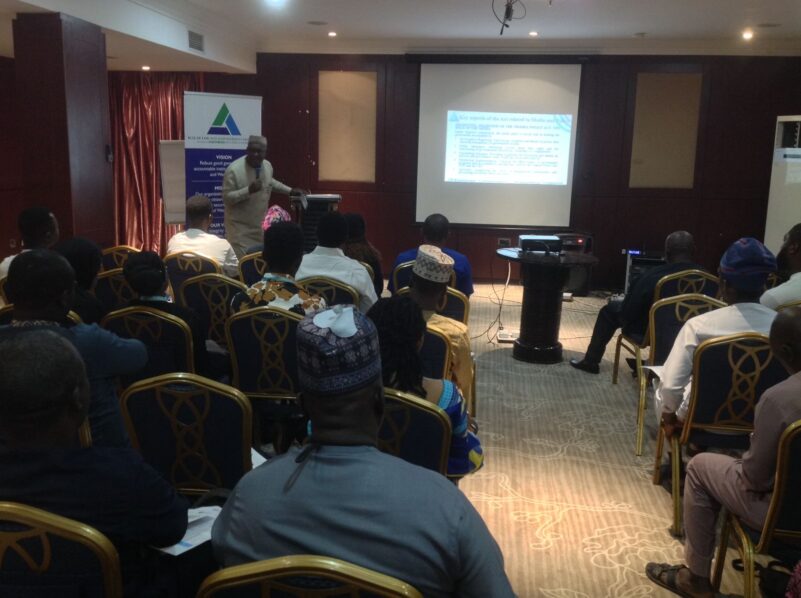 The UK Integrated Security Fund of the Foreign Commonwealth Development Office (FCDO) has berated Nigeria’s lackluster move towards the full operationalization of the Police Act 2020 signed into law by former President Muhammadu Buhari.
The UK Integrated Security Fund of the Foreign Commonwealth Development Office (FCDO) has berated Nigeria’s lackluster move towards the full operationalization of the Police Act 2020 signed into law by former President Muhammadu Buhari.
Programme Lead, UK Integrated Security Fund, Cliff Gai made this observation on Thursday in Abuja at a Media Townhall Meeting on Human Rights, the Police Act 2020, and Regulations organised by the Rule of Law and Empowerment Initiative also known as Partners West Africa Nigeria (PWAN).
Gai who identified the media as a major stakeholder to engage in the process of implementing and sensitizing Nigeria’s on the provisions contained in the new Act, stated the FCOD’s desire to fund activities that will make the Act public, more widely accessible and understood by members of the public.
“There is no better partner to be engaged in this process than the media because you are the ones who set the agenda. You are the ones who decide what is relevant, and what should be at the forefront of national discourse,” Gai said.
“The Police Act 2020, Unfortunately, we have not made the kind of progress that we should make towards the operationalization of the act, and it is a desire that activity that we fund such as this will lay the foundation for making the Act public and more widely accessible and understood by members of the public, so that they also know what to expect as the Nigerian police force undergoes this reform process.”
Earlier in her remarks, PWAN Executive Director, Kemi Okenyodo who disclosed that the project is been implemented across Nigeria specifically in Kano, Plateau, Borno, Edo, Lagos, and Enugu states, and the FCT, explained that it seeks to address critical gaps in the understanding and application of the Police Act 2020 and accompanying regulations within the Nigerian Police Force (NPF).
She noted that the townhall seeks to educate the public and specifically the media organizations about the Police Act 2020, its impact on police-citizen interactions, and media reporting, maintaining that it is an essential step to strengthening trust, transparency, and accountability between law enforcement and the community.



